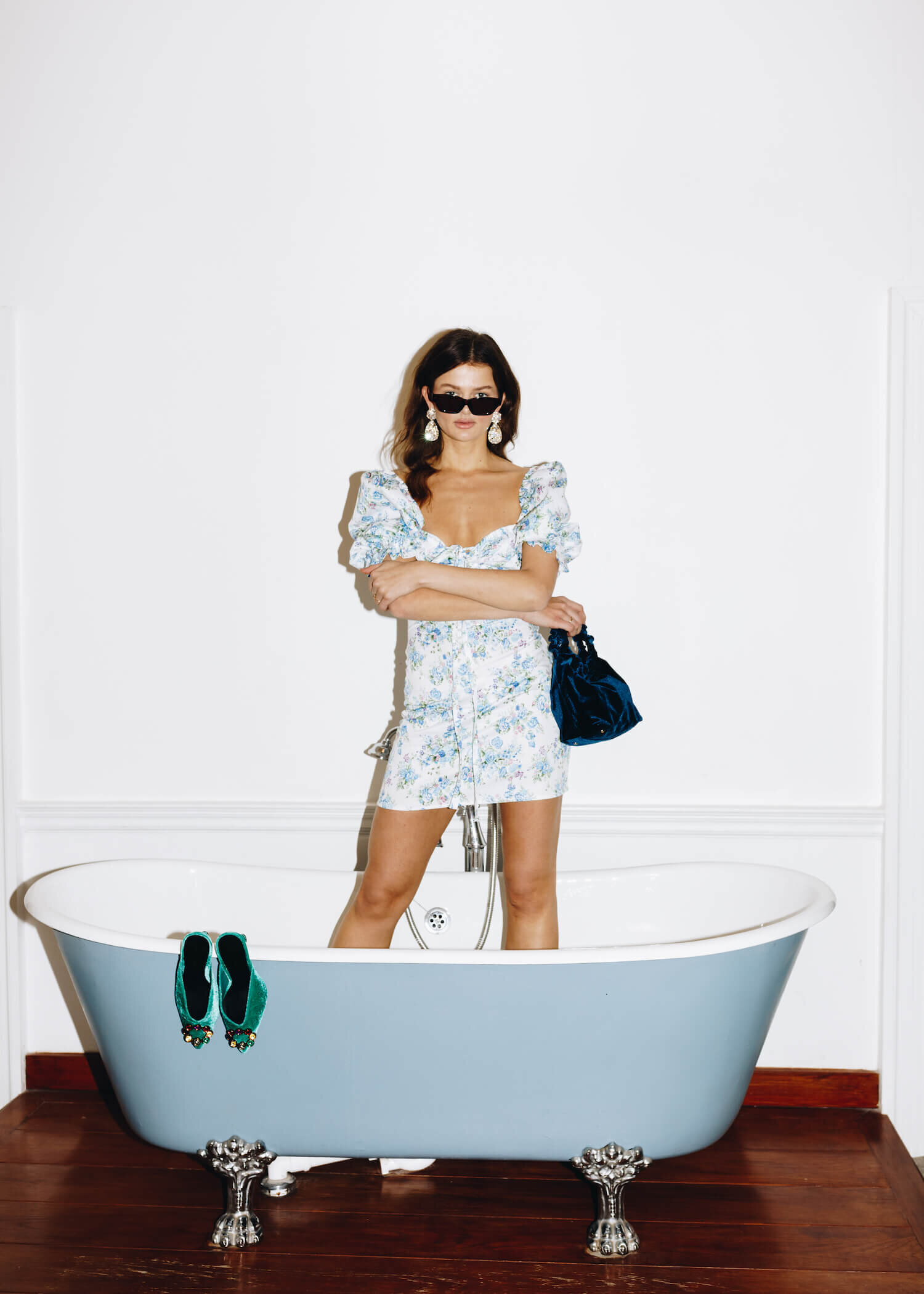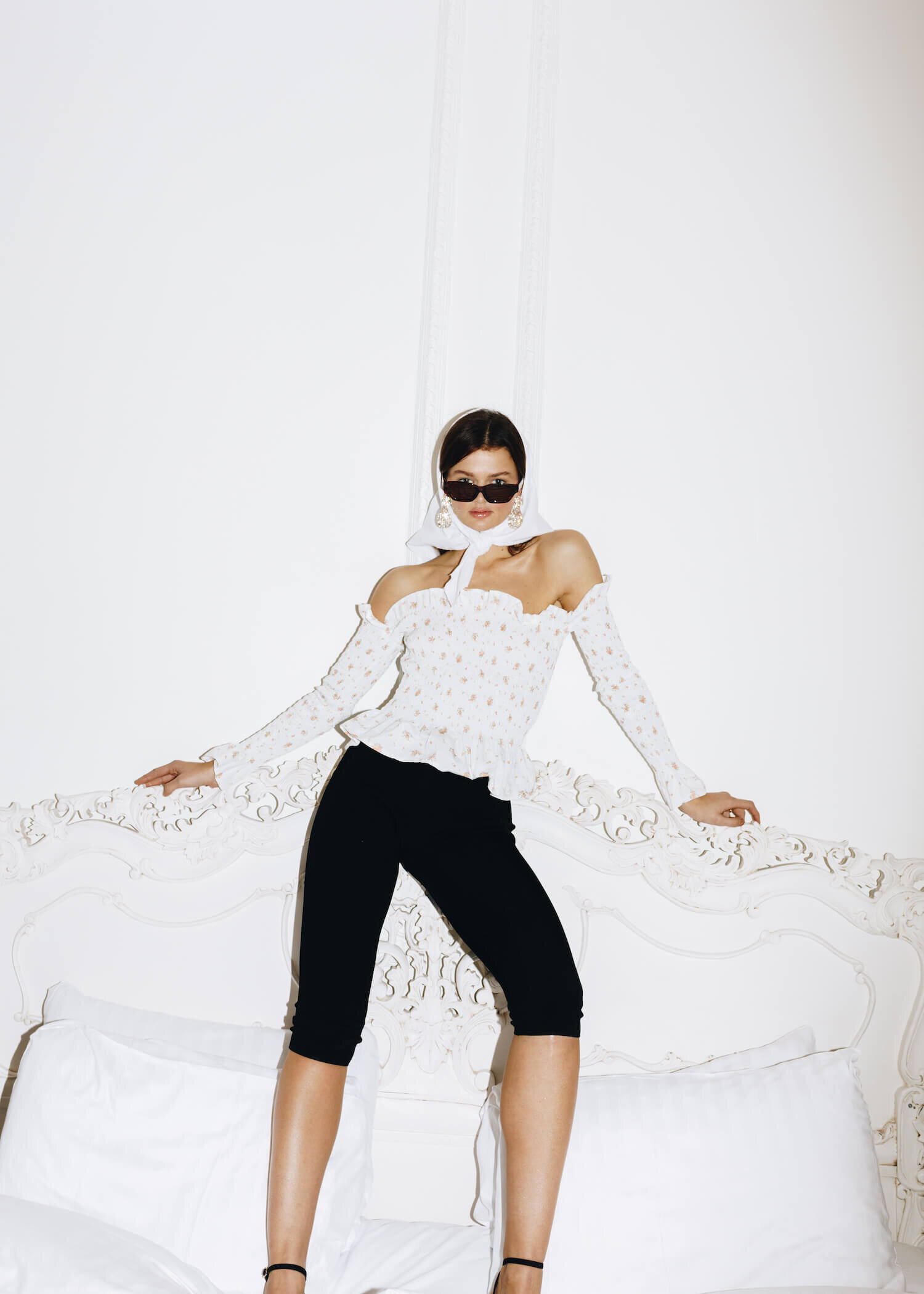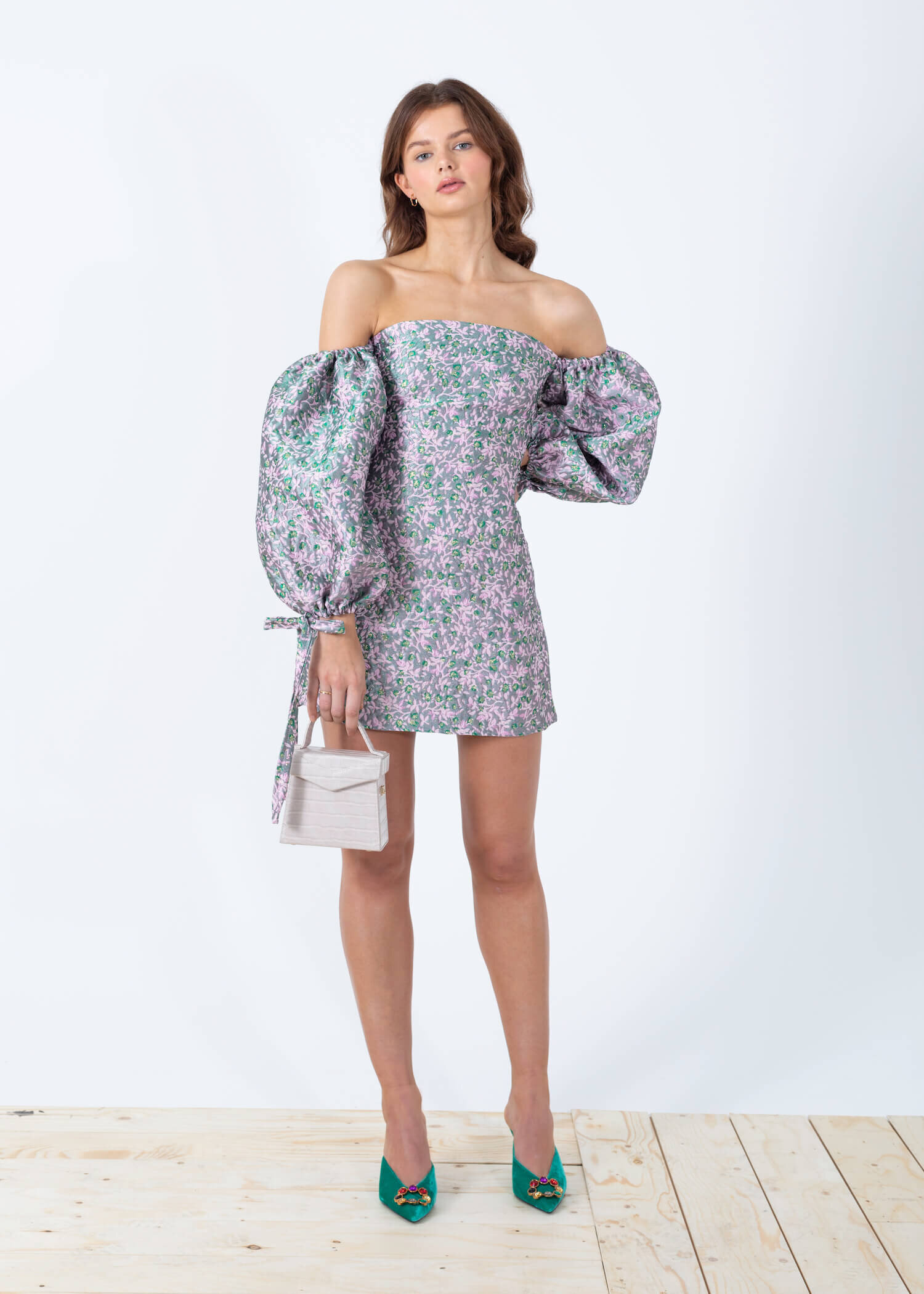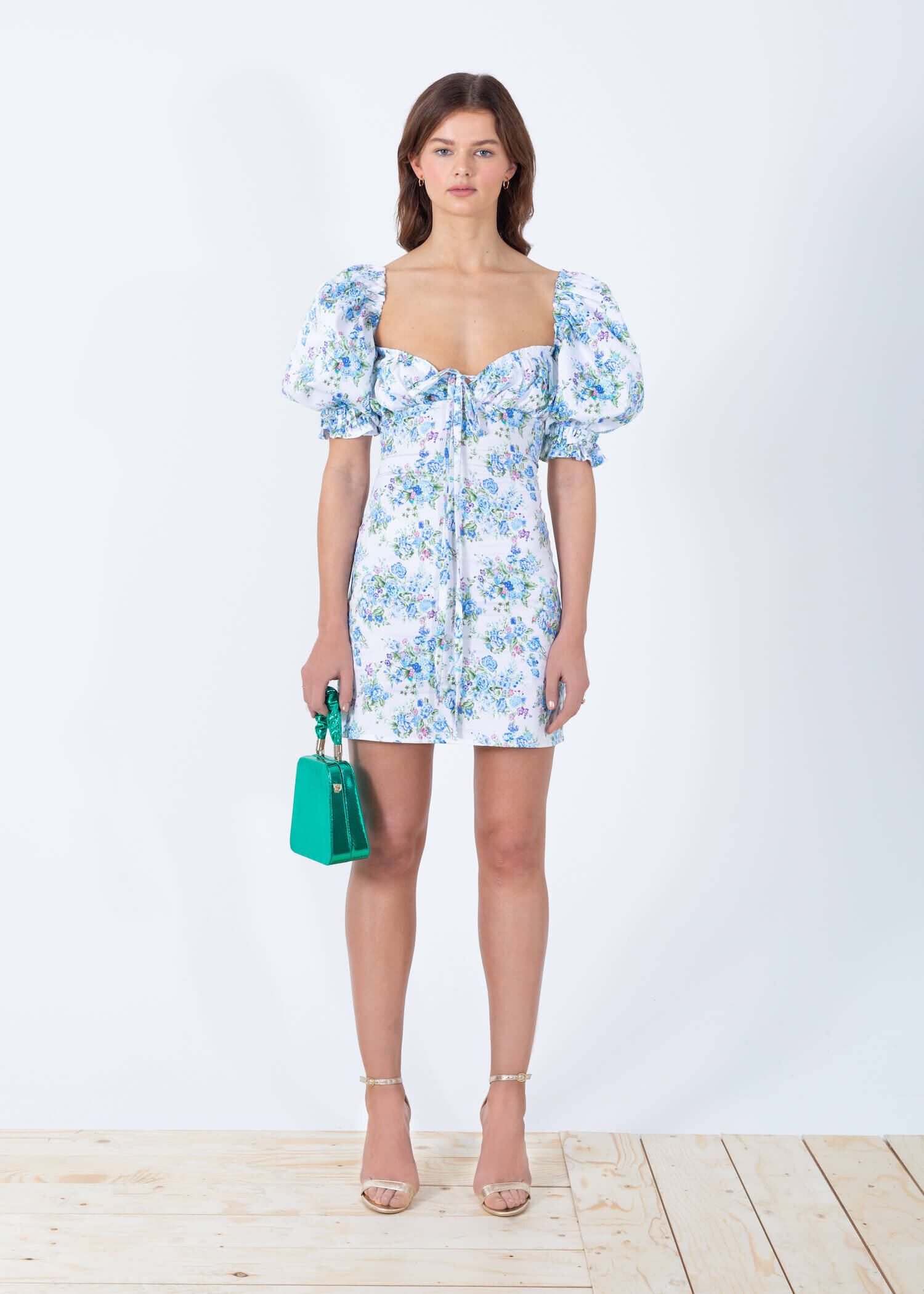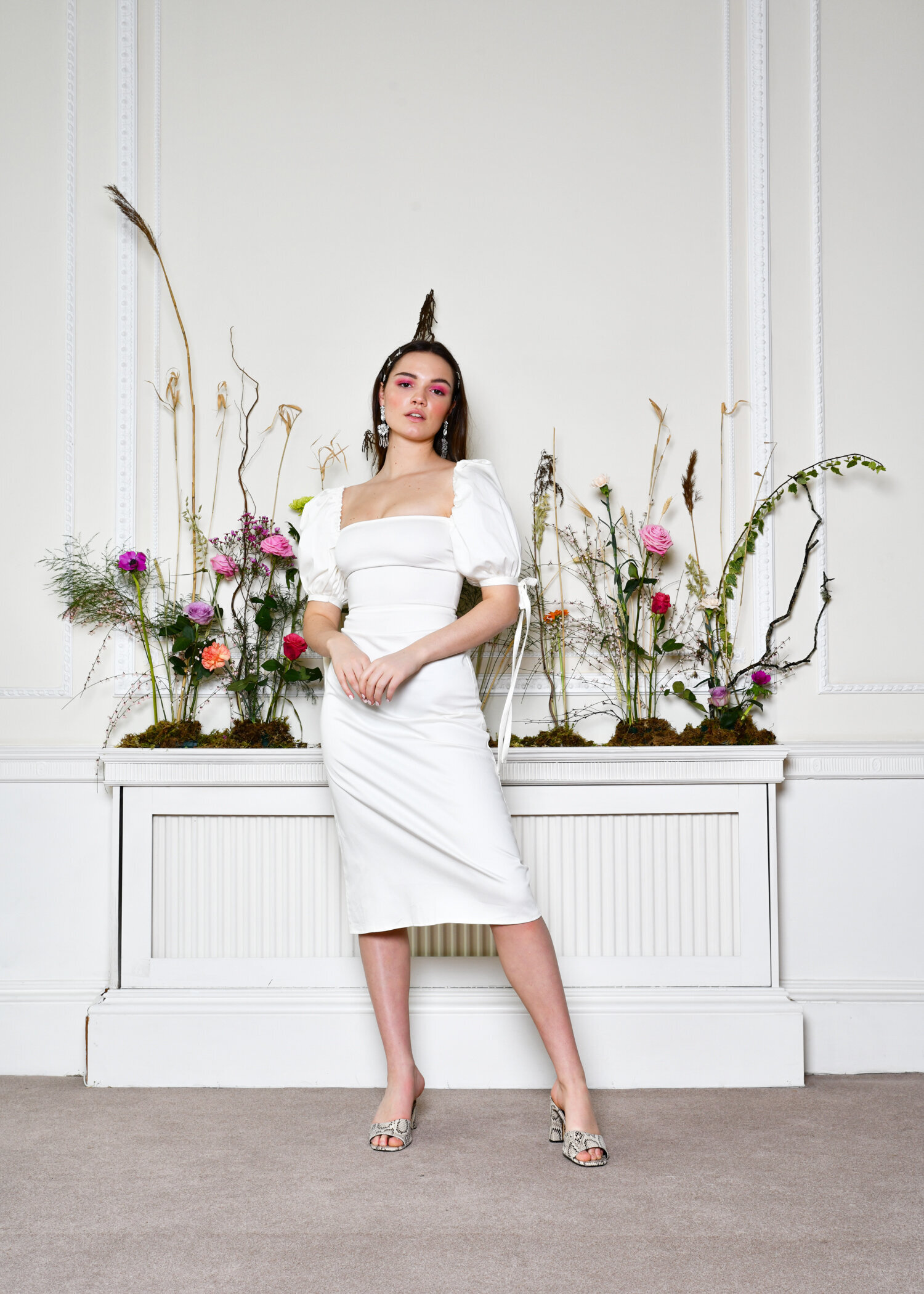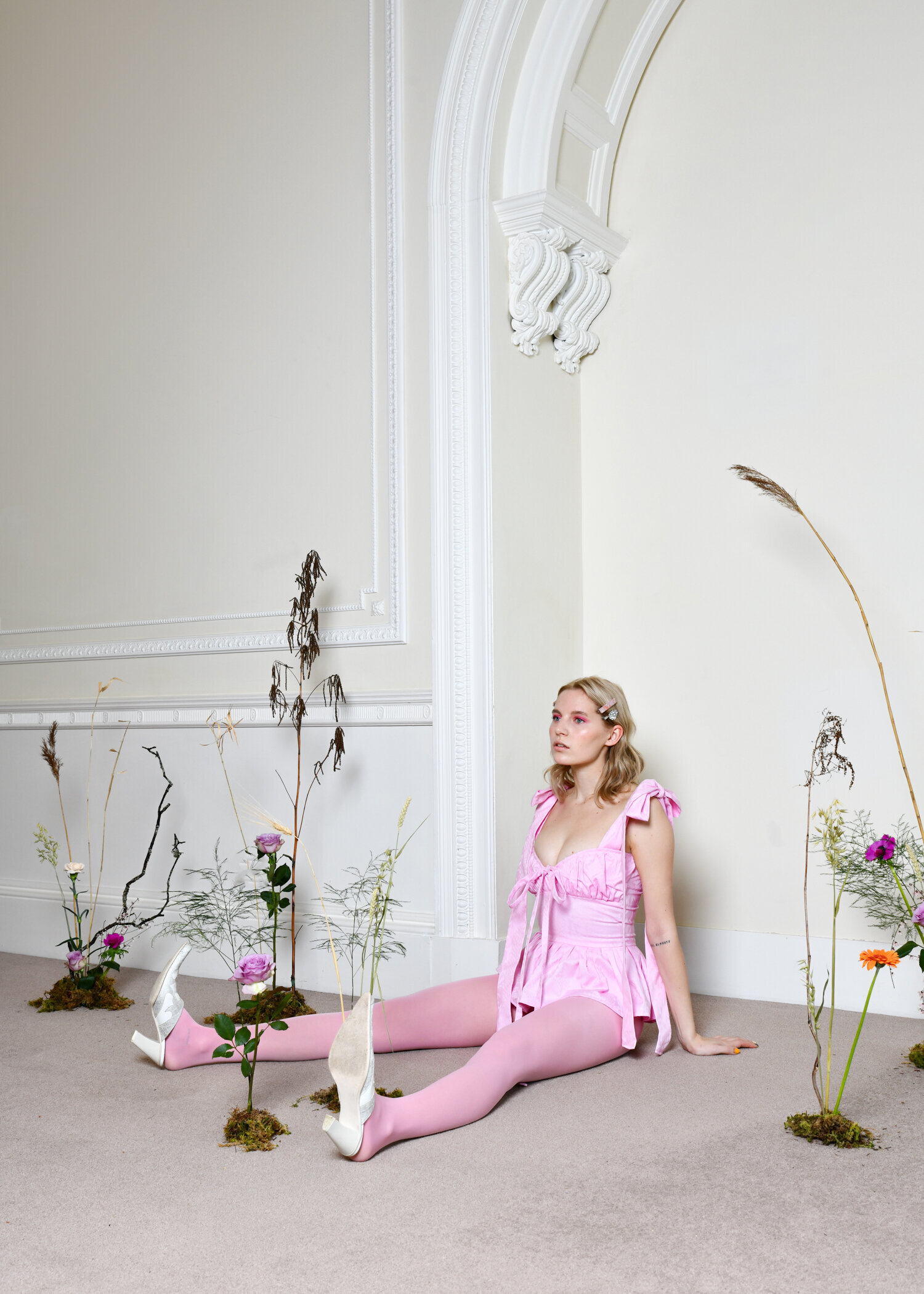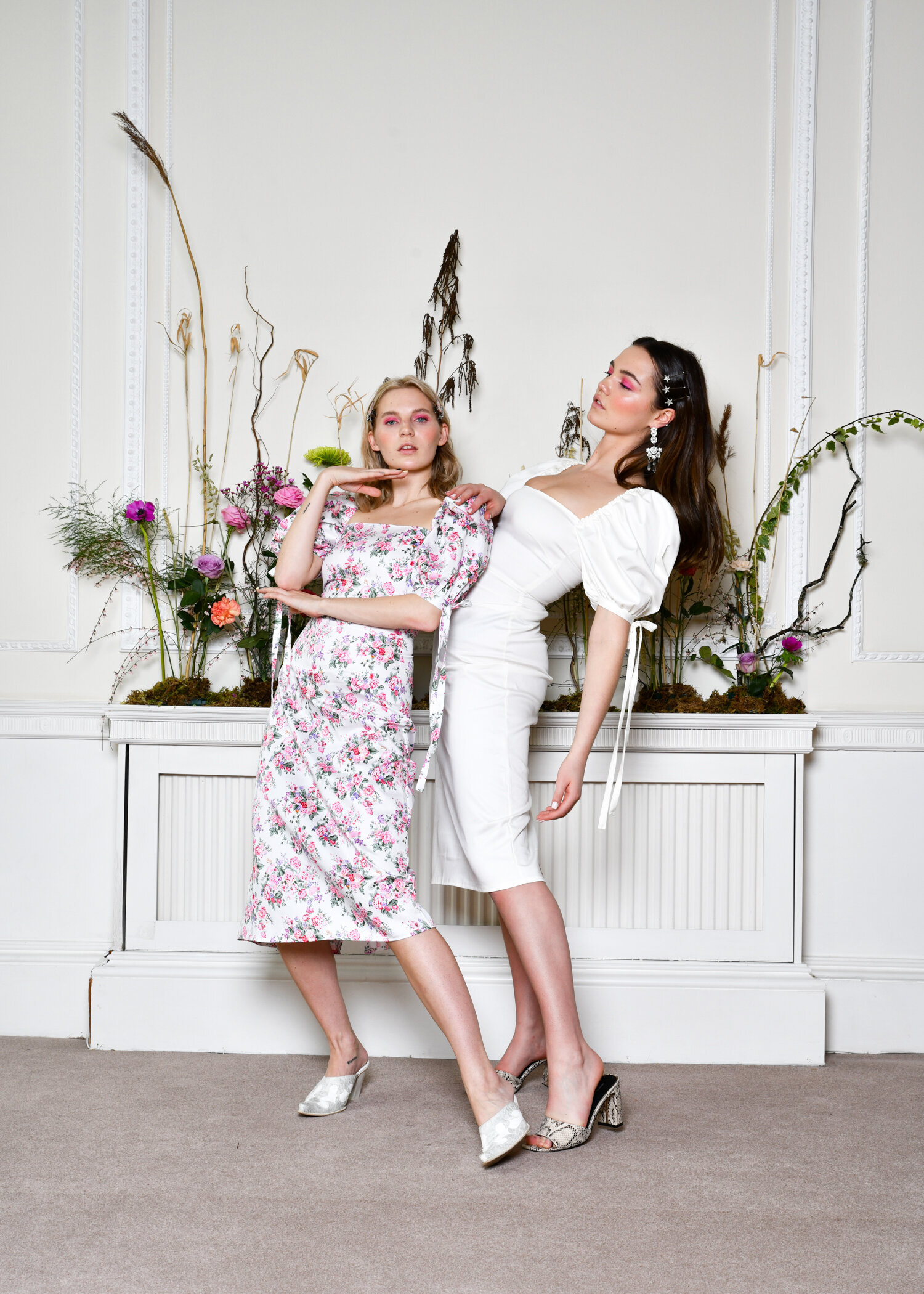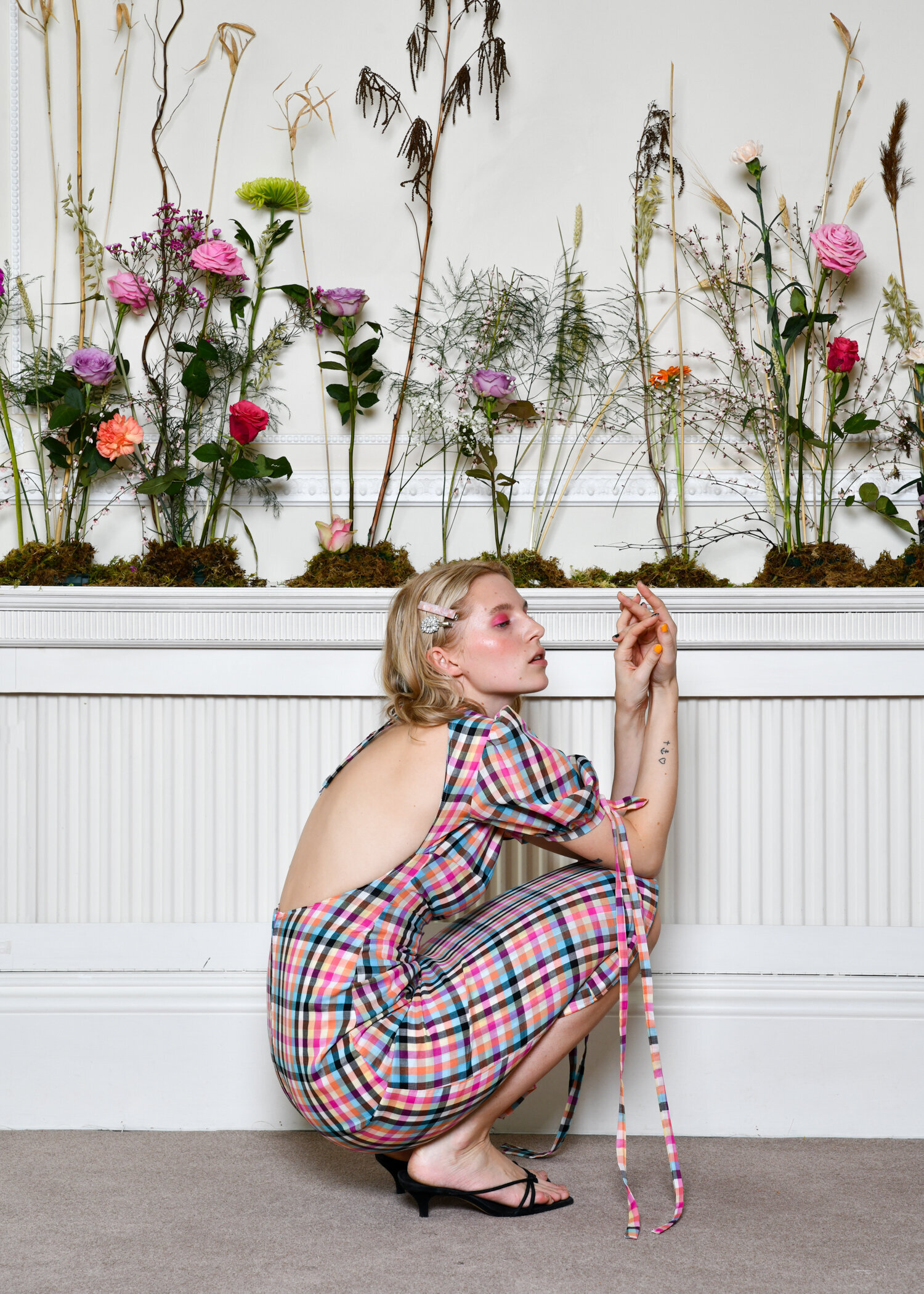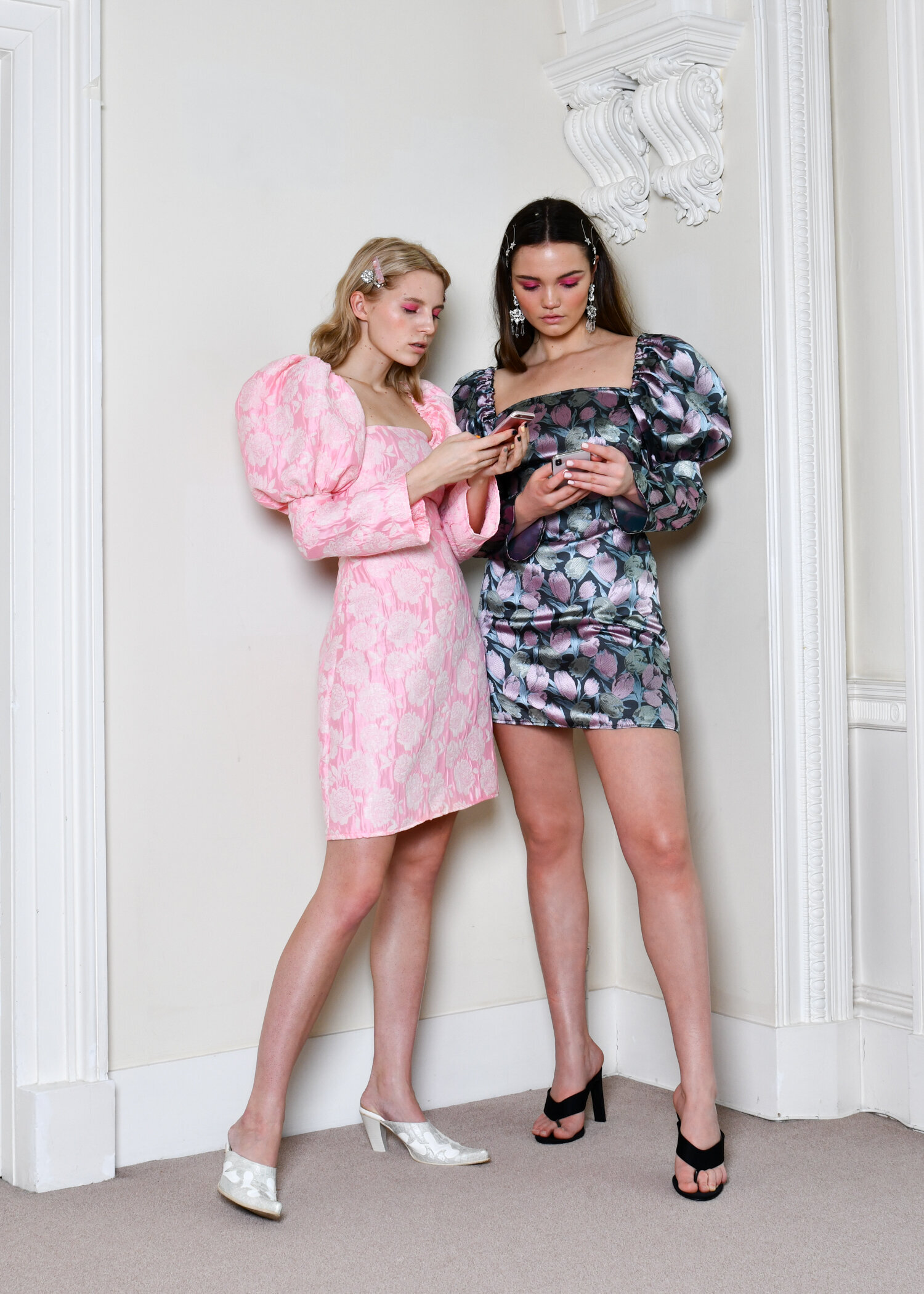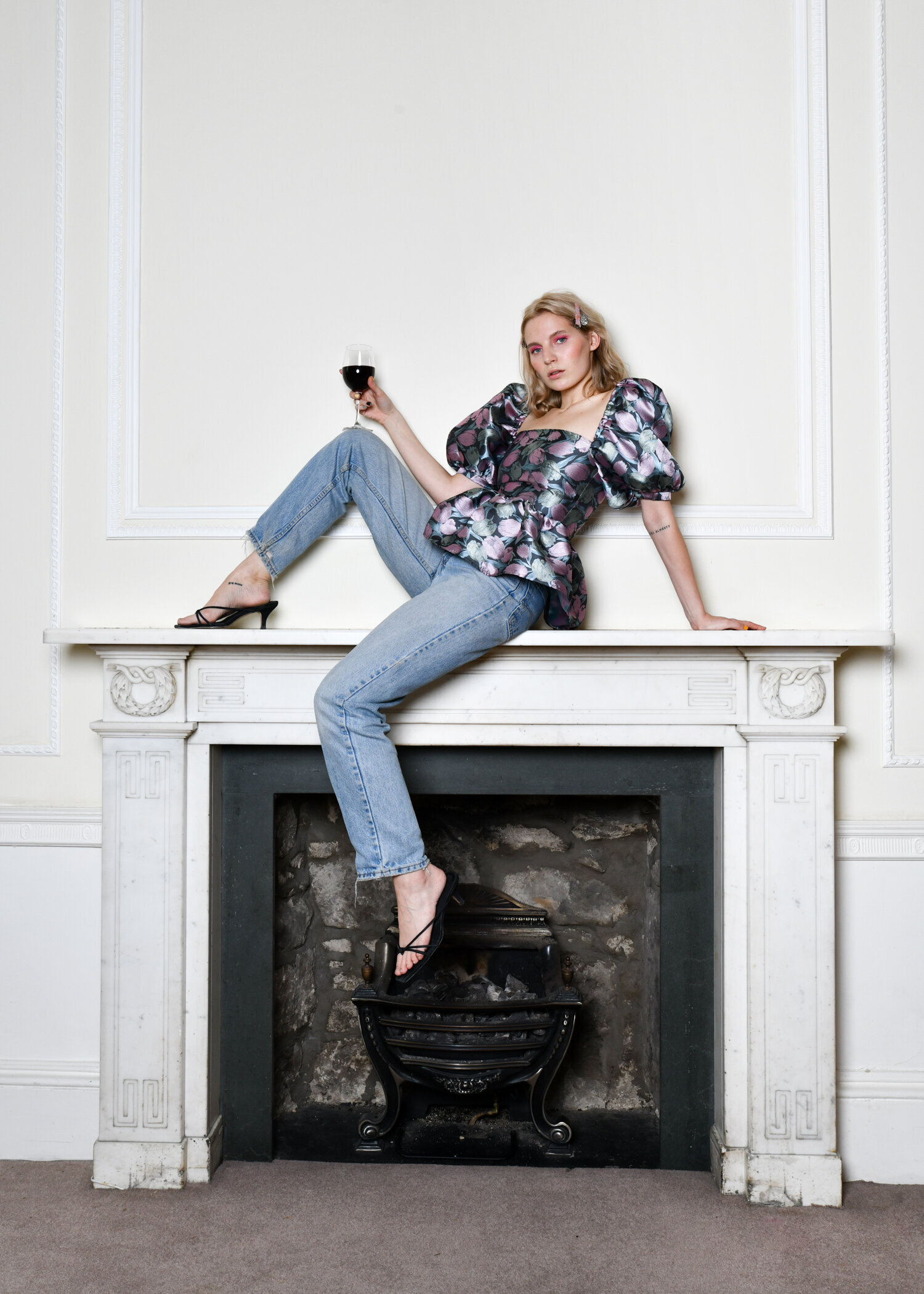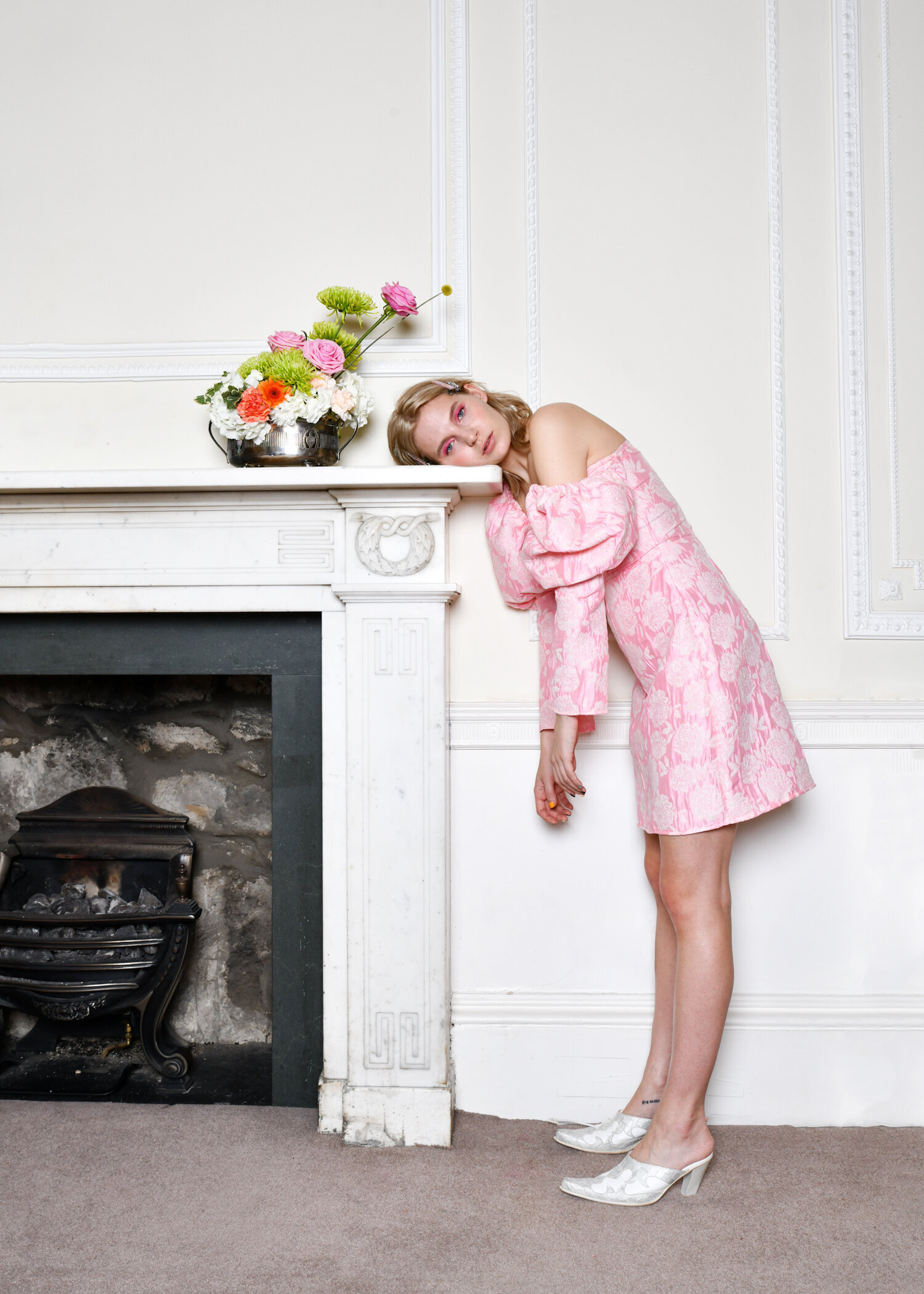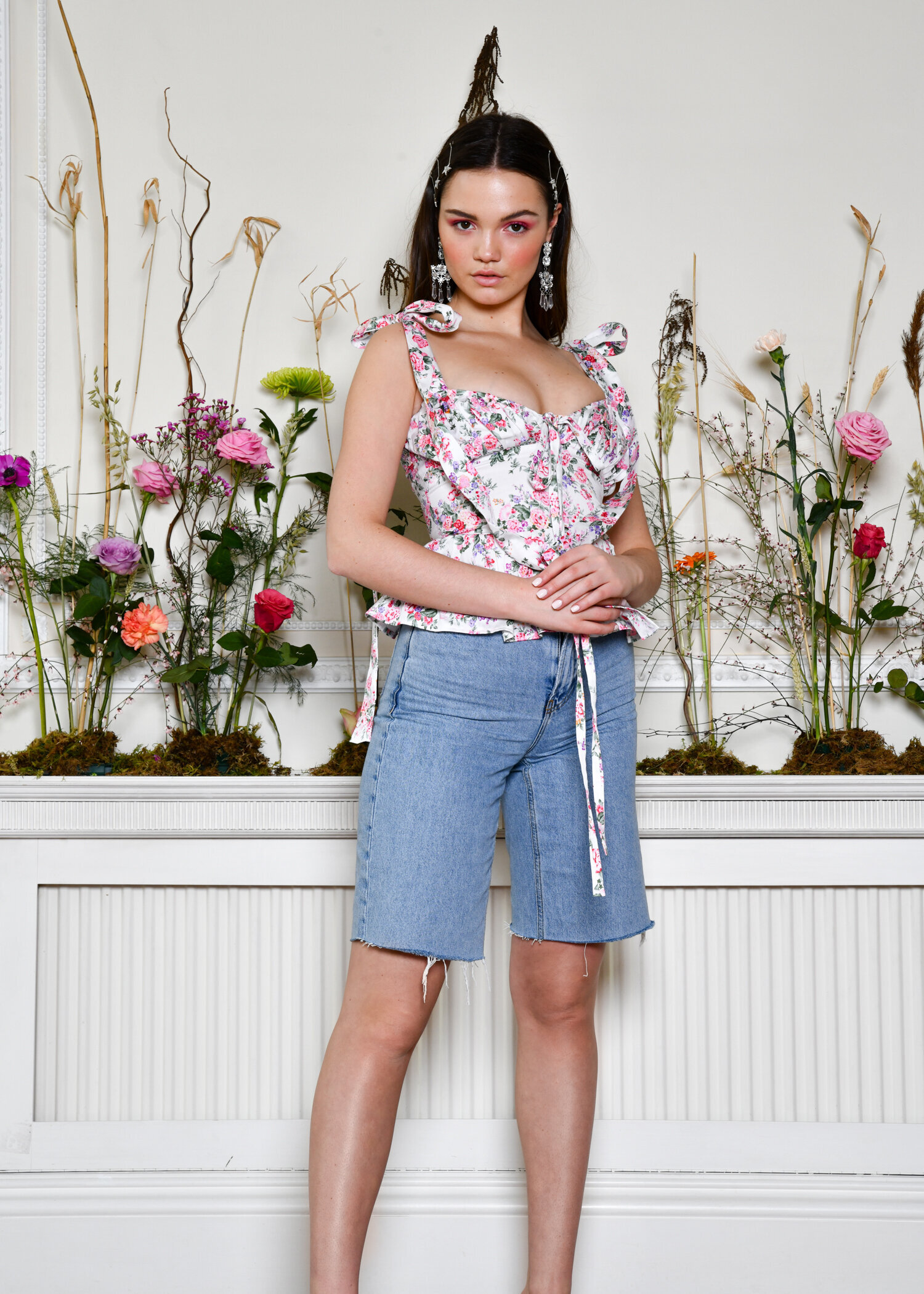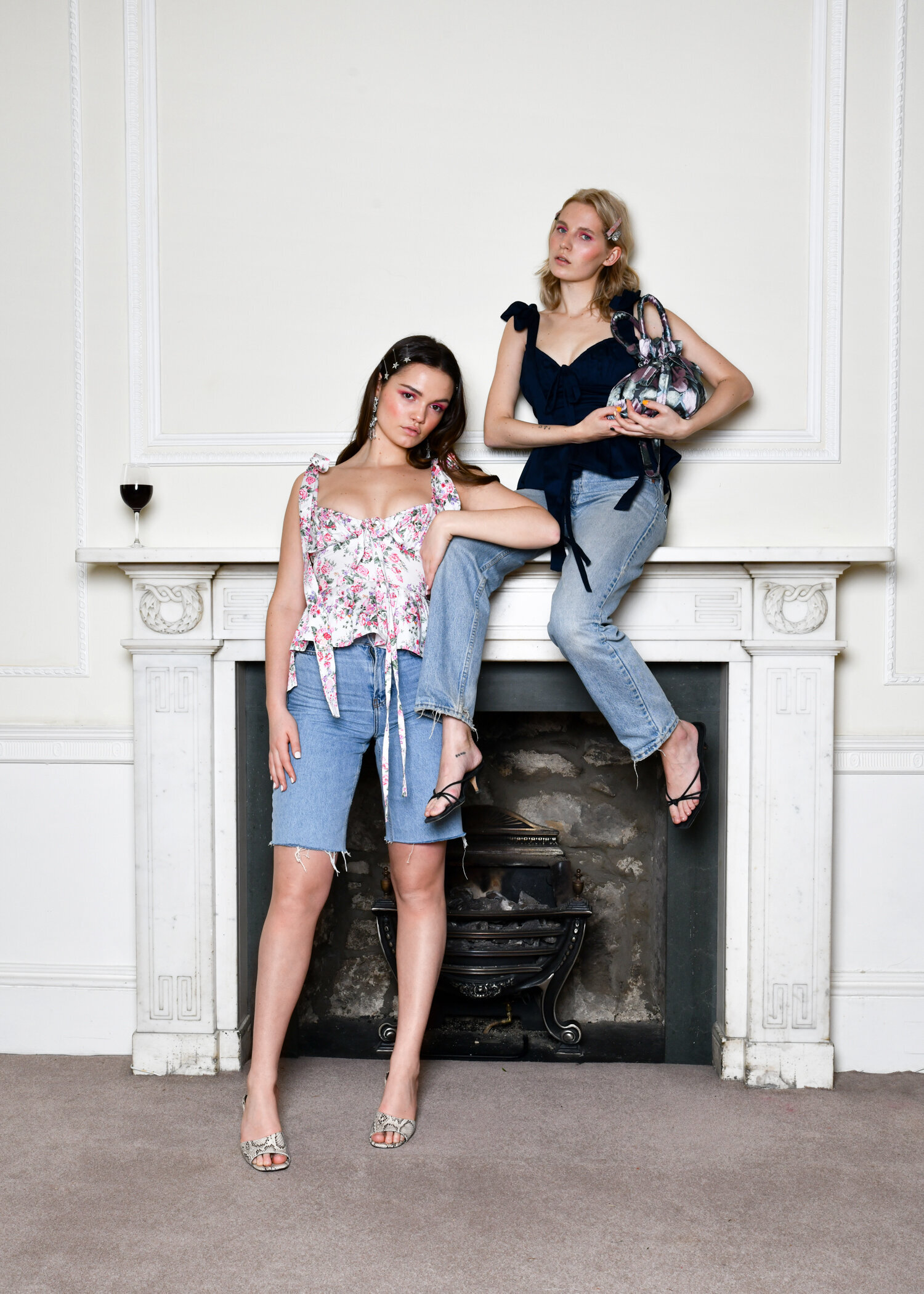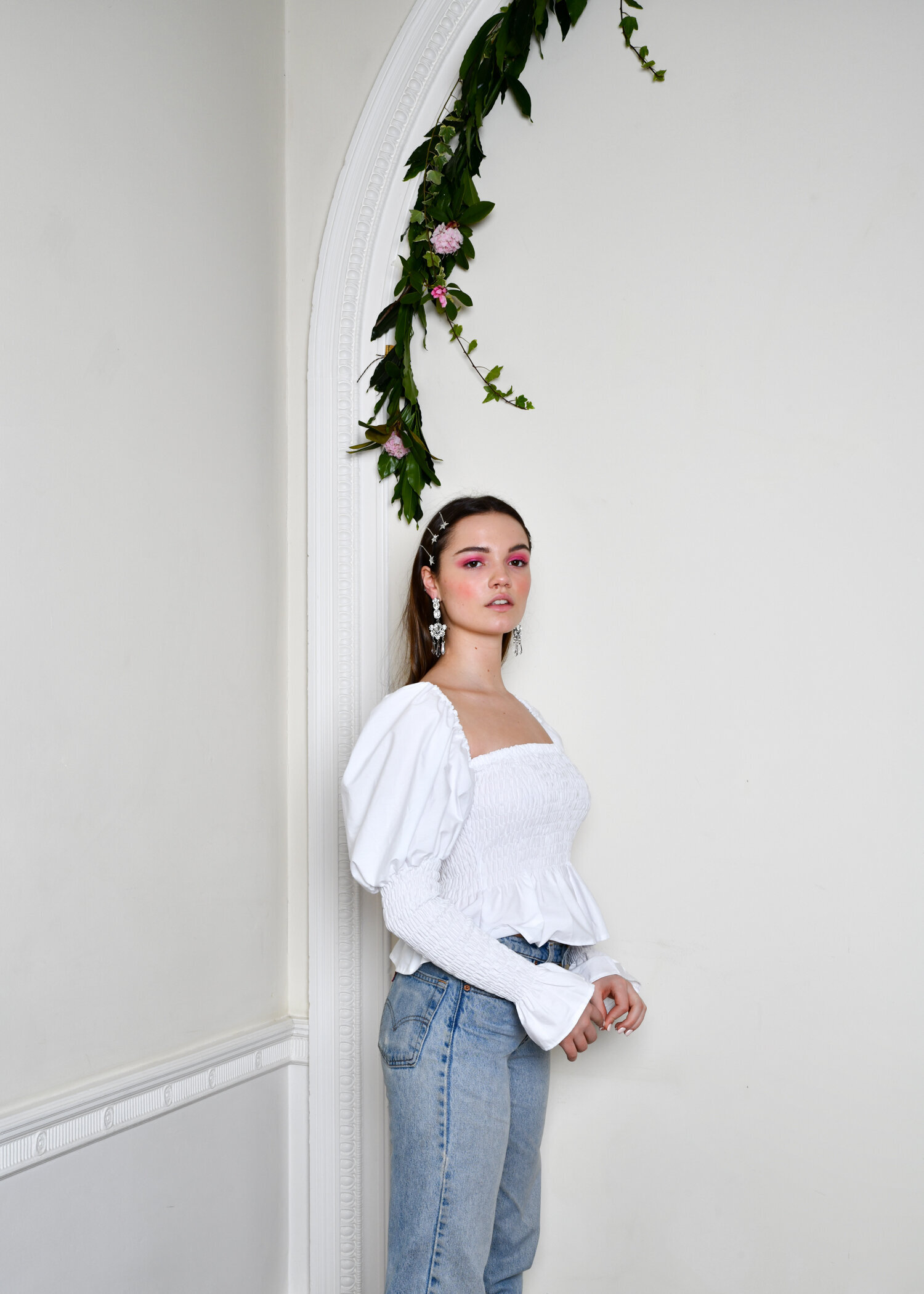Is Made-to-Order the Future of Sustainable Fashion?
Over 300 miles from her nearest fashion capital, Olivia Rose Havelock has built an Instagram empire with an old-school ethos: made-to-order clothing.
While it may seem simple, this business model is making waves across the industry for its potential to combat the infamous waste that mass production and mass consumption creates. Every piece is made-to-order for every customer, taking around four hours to cut, sew and finish, so the brand can offer complete customisation outside of traditional sizing, and craft clothing thoughtfully from planet-friendly fabrics like organic cotton, bamboo and hemp. If that isn’t slow fashion, I don’t know what is.
Here, explore my interview with the women behind Olivia Rose The Label, the independent brand championing sustainability right here in Scotland.
It’s hard to imagine that less than three years ago, Olivia was a part-time sales assistant, dealing out her designs on Depop. In fact, I first met Olivia back in 2016 when I invited her to sell a dozen or so handmade blouses at an arts collective I was working at, the Scottish Design Exchange, in the local shopping mall where she worked too. Now, she’s created an Instagram frenzy with her Victoriana puff sleeves, prairie-girl necklines and signature shirring, and is heading into the new decade with a pop-up in one of London’s most iconic department stores, plus fashion’s biggest influencers on her waiting list and features in the industry’s glossiest magazines.
“The attention was just insane. I couldn’t have ever imagined it would be like that,” says Olivia reflecting over the incredibly impressive year in which she showcased her first ever fully-formed collection in Selfridges. Her ladylike silhouettes crafted from deadstock jacquard, organic cotton and bamboo silk have become the new uniform of the Instagram elite, straight from her Grandmother’s old sewing machine in her Edinburgh flat.
Despite the dull industry trope of moving to London being the only option to ‘make it’ in British fashion, a huge wave of Northern designers are bucking the trend in recent years. But Olivia has never pushed the ‘Made in Scotland’ label and all the tartan-clad stereotypes that comes with too. “I just promote the made-to-order. That's just what my whole brand has been from the beginning. As long as you’re selling something people want and you’re doing it in the right way, it doesn’t matter where you are.” Meanwhile, she stands by her positive experience of embracing Scotland’s wealth freelance female talent, including her regular visual collaborator Bethany Grace: “Living in Edinburgh has been really good for meeting so many creative people to work with,” she beams.
Sipping on coffees on Leith Walk, Olivia tells me it hasn’t all been easy balancing her newfound success with the values her brand was built on. Major retail buyers usually request thousands of units which her one-woman show could not provide without sacrificing that slow fashion ethos. “That’s just not me,” she says, refusing to bow to any demands of mass production, still making every single piece by hand. Fortunately, she was able to land her first brick-and-mortar gig through Selfridges’ independent design initiative Bright New Things. The 150 pieces she provided for the pop-up took her over four months to make here in Edinburgh, but she’s thrilled with the response over in London as her loyal tribe of Insta-fans can finally try on her pieces IRL.
With sustainability an undeniable force in the fashion conversation over the past decade (here’s why), Olivia stands by the power of made-to-order as a force for positive change. Recent stories of brands burning unsold stock and even sending returns to landfill help make the case for a fashion system where clothing is made by hand, in small quantities, led by direct customer demand with no leftovers. Olivia’s own experience has led her to believe that the made-to-order ethos from brands like hers encourage more conscious thoughtful consumption by customers too.
“I encourage people to really think about what they’re buying. I want people to be interested in the fabrics, in how their clothes were made, in the person making them. I’m not going to tell someone to stop buying, just to think more about what you’re buying and why you’re buying it. I feel that most of my customers that buy things really think about it and save up for it for weeks. And only about 3% of items are ever returned, as a lot of it is custom measurements so people tend to think about the fit before they buy, not afterwards. But still it’s really split - no matter how sustainable I make my brand some people will never buy anything, they'll just wait until they see something similar on ASOS, and that's just the way it is.”
No stranger to the fast fashion beast, Olivia’s designs are regularly copied and sold cheaply by online retailers, usually through wholesale drop-shipping suppliers. Her bestselling Esmerelda top was recreated by AliExpress earlier this year, flogging their knockoff tops for £8 each in bulk buys of 100. Pretty Little Thing and Missguided then began selling the top (£180 on Olivia’s site) for £20-£25 which led to an article being published proclaiming that made-to-order fashion is a privilege, arguing the case for fast fashion’s accessibility.
“They just said: ‘look at these two similar designs, which one would you rather buy'? But there's a massive amount of difference in how it's made. I actually cut the pattern, sourced the fabric, made it myself, sent it off, did the photography. Whereas they've just bought it for like a fiver, shot it on a model and made 20 quid. It upset me - I'm a super small brand with mostly a following of people that care and appreciate what I do, but it’s hard.”
The problem is, an average fashion consumer has no idea what it actually takes to make a garment; there is a shocking level of disconnect between the clothes we wear and the knowledge of the hands that make them, as well as the costs involved in production. Remember that small brands like Olivia Rose the Label cannot get bulk discounts on fabrics; for example Olivia’s stunning new woven purple silk for her Greta dress costs over £40 a metre plus customs and shipping. “That’s what you have to be prepared to pay to ensure you know how and where something is made,” she says. “ Not to mention my own labour, labels, tags, packaging, zips - everything has a cost.”
Transparency has a vital role to play in educating the consumer on the justification for this cost. “In every design I do, I show my sketches, I show me sewing the first sample, I show behind-the-scenes of all the photography. I had so much good feedback about the purple silk, and I knew the factory the fabric came from- an independent girl's business. It took me 3 months to get it because it was hand-woven, so I want to give the backstory.”
I often direct shoppers to Fashion Revolution’s campaign #whomademyclothes as a method for encouraging brands to be transparent in their communications, and accountable for their supply chain. But do brands ever actually answer this question? In my experience, the good ones do, and the bad ones either ignore you or send a vague CSR policy. Luckily, Olivia is one of the good ones. “Every question that someone asks me, even if it's like 'where is your packaging from', I let them know within seconds, because I'm not ashamed. If you're not 100% sure about a brand, just email them and ask them - I get that all the time and I'm always happy to answer any questions. If a brand's not happy to answer it, that's not a good sign.”
As a small independent label, the best Olivia can do to fight back against any criticism and copycats is to keep communicating her craft, openly, to people that look beyond the price tag. “I’ve got nothing to hide,” she says.
Before we leave, I throw in a cliché question about her future goals for the brand, secretly wondering if this utopian made-order model could really withstand any further growth. I was pleasantly surprised at her nonchalance to this capitalist ideal. “I just want to keep improving on my sustainability. I've never thought about wanting to be the best, biggest brand in the UK,” she says. “My only goal is just to make good clothes.”
Further reading
In the age of mass fashion, made-to-order finds new appeal | Vogue Business
Unmade: what if all clothing was made-to-order? | Fashion United
The sustainable brands redefining luxury with made-to-order business models | The Sustainable Fashion Collective
Outfit details
Dress: The Manon Dress by Olivia Rose the Label (gifted)
Boots: Mandi Candi Boutique - now defunct (gifted 3.5 years ago)
Earrings: Bijou Bijou (gifted 2.5 years ago)
Photos by Alice Cruickshank, the fabulous stylist and blogger behind Styled by Alice
Olivia Rose campaign photography by Marta Ferenc (top row) and Bethany Grace (bottom row)
Olivia’s designs are currently on pause from sale for the festive season, but her online shop is re-opening on 03/01/20 at 12pm. Check out her Autumn/Winter collection on the Selfridges website too, and keep an eye out for her new Spring/Summer drop in the department store.







